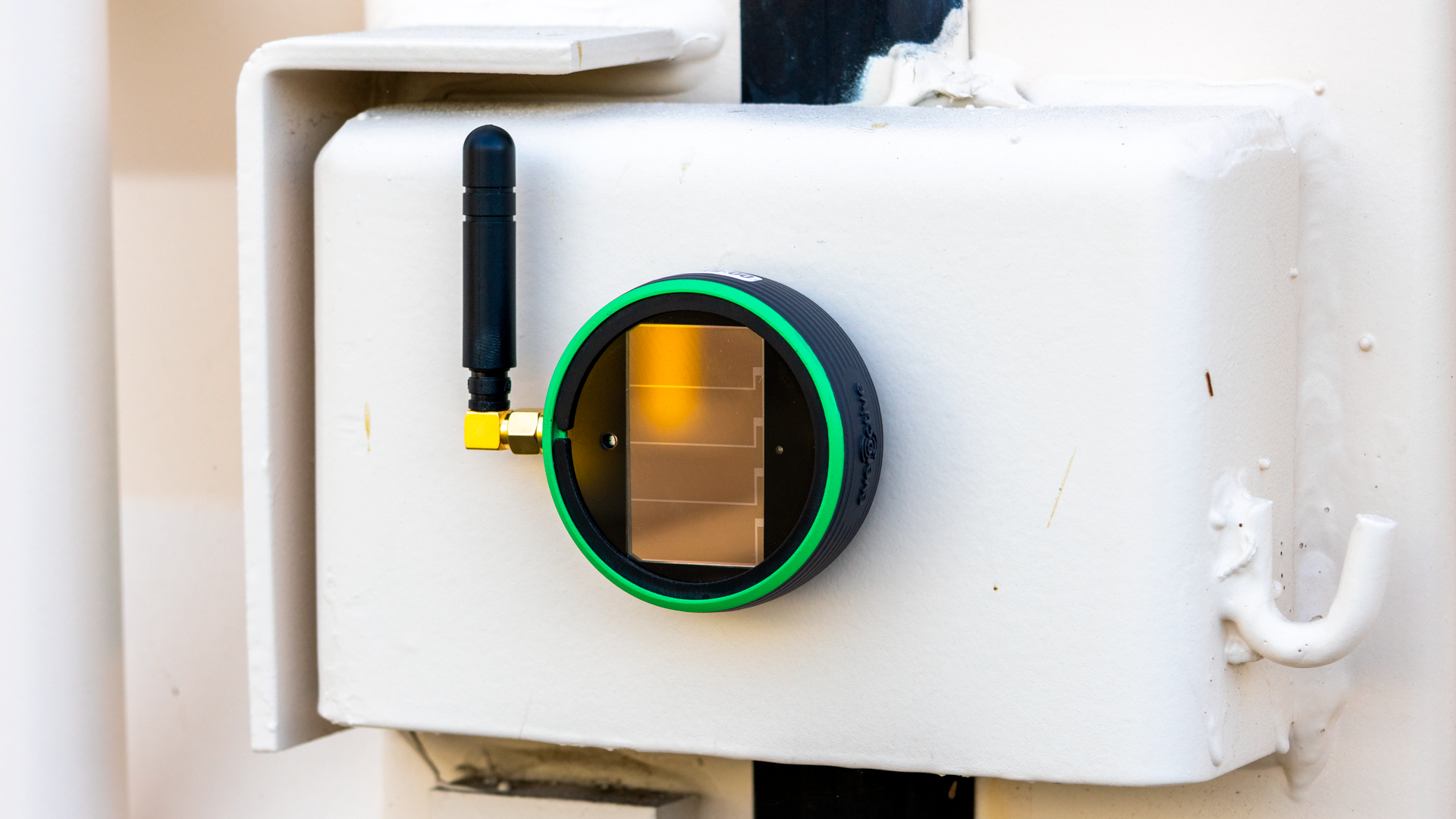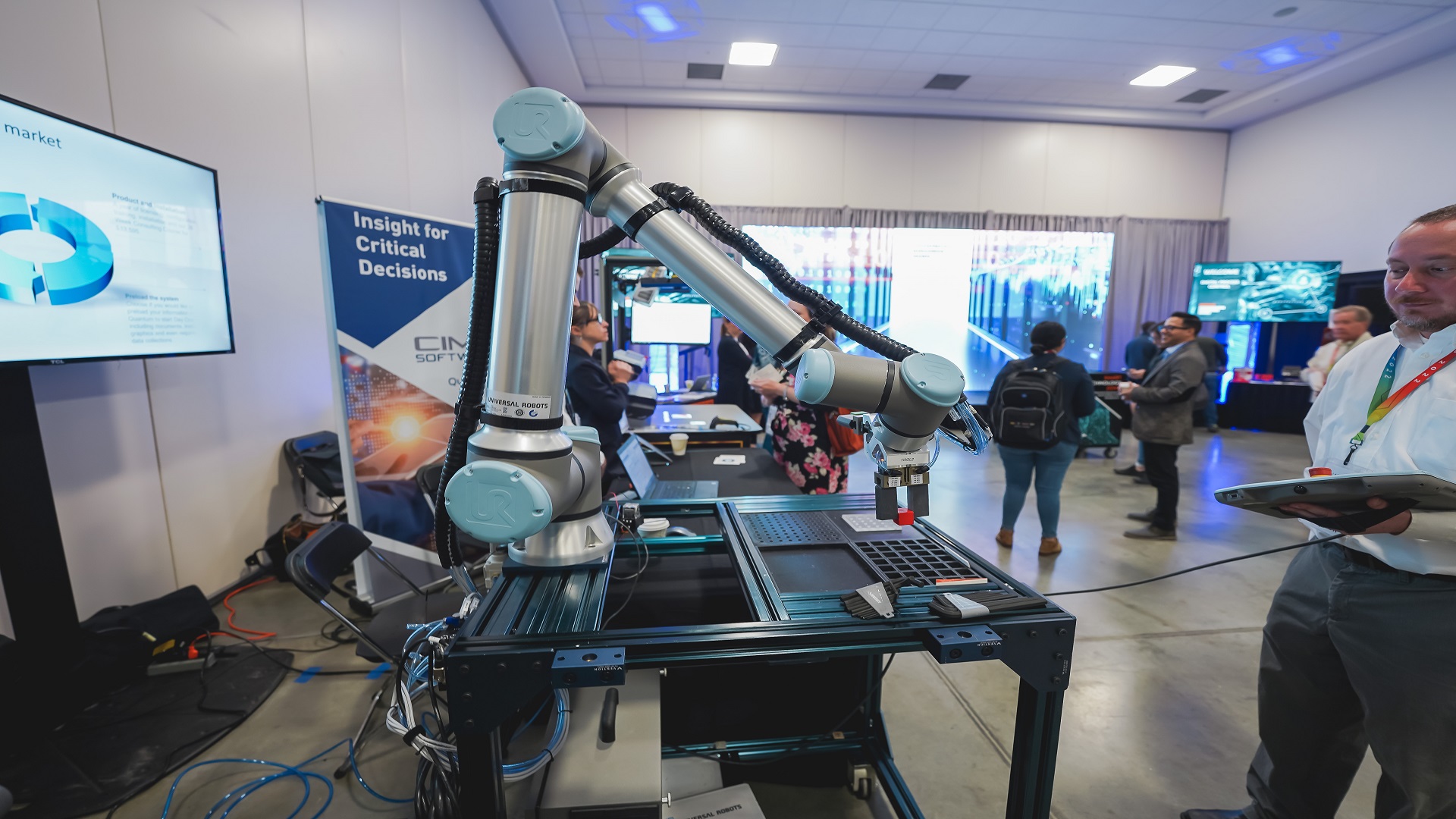
Thought Leadership December 2022
Life Cycle Assessments Can Lead to Sustainable Manufacturing
Sustainable manufacturing is a challenge adopters of Industry 4.0 must meet head-on. One of the most important first steps a business can take is to implement a Life Cycle Assessment of its products and how they impact the environment.
The Earth is plentiful in resources and opportunities for innovation, but tapping that potential also means fulfilling a responsibility of doing so sustainably. Life Cycle Assessments (LCAs) are an important tool for businesses to understand their practices and create a more sustainable future. In this article, we’ll discuss the definition of LCAs, the steps for conducting one and the benefits it gives businesses and society alike.
The Current Challenge
It's no secret that the world will need to change to avoid a climate disaster. For years, scientists have been warning of increasingly alarming signs of the planet's deteriorating health, from polluted oceans to unbreathable city air.
Predictions have gotten so bad that experts now believe we have a matter of years to make any meaningful changes. According to one UN climate report, greenhouse gas emissions would need to “peak before 2025 at the latest and decline 43 per cent by 2030”in order to avoid worst-case scenarios.
We've seen an unprecedented number of initiatives, treaties and partnerships come into play, not to mention a seismic shift in public awareness on the issue of environmentalism. Businesses and manufacturers in particular are among the main targets of calls for change. People recognize the large impact the production sector has traditionally had on the environment, and they want accountability.
According to recent data, nearly 80 percent of U.S. consumers consider sustainability when making a purchase. About two thirds of buyers in the construction, homes, goods, and automotives see it as a “significant purchase criterion.”
We now live in a reality where both business and human prosperity rely on sustainable practices. But where do you even start as a manufacturer?
The answer is Life Cycle Assessments.
Understanding Life Cycle Assessments
The United States Environmental Protection Agency (EPA) defines life cycle assessments as “a tool that can be used to evaluate the potential impacts a product, material, process, or activity” has on the environment. The practice calls upon businesses to adopt a holistic accounting and management approach to the goods they produce, from initial creation to eventual disposal.
Life Cycle Assessments aim to completely review and understand manufacturing processes in-depth to identify their impacts and opportunities for improvement. To date, LCAs have become an increasingly important strategy to inform business decisions while also contributing to economic growth and a healthy environment.
The Core Phases of a Life Cycle Assessment
Life Cycle Assessments consist of three mainstages, each focusing on a different area of the review process. Below is a breakdown of the trio and what its phases involve.
Compiling an Inventory of Environmental Releases, Energy and Material Inputs
The first stage of an LCA is the “inventory” phase, which entails a thorough analysis of all greenhouse gas emissions and inputs related to the manufacturing of a product. This phase requires an in-depth understanding of production processes, including the materials used and their sources, energy consumed, waste generated and any associated emissions.
Evaluating the Environmental Impacts Associated With Inputs and Releases
The second phase of an LCA involves determining and evaluating the environmental impacts associated with inputs and releases. Specifically, this involves assessing how these inputs and releases affect the air, water, and soil quality. The evaluation is based on the impact of activities such as electricity generation, transport, and disposal — all of which contribute to the overall environmental impact.
Determining Potential Improvement Opportunities
The final stage of an LCA is to determine potential improvement opportunities. This is done by analyzing the results of the previous phases and identifying ways to reduce environmental impact through alternative materials, processes, and disposal methods. This is an essential step to ensure businesses are making the most sustainable decisions.
Benefits of Life Cycle Assessments
A Life Cycle Assessment is not just a greenwashing buzzword; it offers countless advantages to businesses and the environment alike. Here are some of the key benefits that LCAs provide:
Enhancing Your Brand Image
Businesses who adopt sustainable practices not only gain recognition as a responsible corporate citizen, but also benefit from a more positive brand image. This can be a major selling point for customers, particularly those in the public sector who often require that contractors meet certain sustainability standards.
Improving Efficiency and Productivity
By understanding their manufacturing processes in-depth, businesses are better equipped to identify areas of improvement that can reduce costs and improve efficiency. This can lead to increased productivity while also reducing the environmental impact of production.
Aiding in Strategic Decision Making
Life Cycle Assessments provide valuable insights into each stage of the production cycle, which can be used to inform strategic decisions. From sourcing sustainable materials to choosing alternative disposal methods, LCAs can help businesses make the most responsible and cost-effective choices.
Establishing a Benchmark for Future Improvement
LCAs provide an important baseline on which businesses can measure their performance. This allows them to track their progress over time and continuously improve their environmental performance.
Supporting the Environment
Although this benefit is quite obvious, it's still worth mentioning for the value it represents to humankind. Life Cycle Assessments allow businesses to identify their environmental impacts and take steps to reduce them, thus contributing to the collective effort of ecological preservation. This helps ensure that we all have a healthy planet to live, and do business, on in the future.
Conclusion
It's clear that as a society there's no getting around the fact that we need regular flows of products and services. Life as we know it wouldn't be able to function at the capacity it has otherwise. The challenge we're facing is one of our own cause; the only way to continue living the way we have is through strategy. Life Cycle Assessments are just one piece of the puzzle when it comes to solving the world's climate crisis. But by investing in them and other sustainability solutions, we can build a manufacturing sector that leads the way in responsible consumerism.
Sign up today for a free Essential Membership to Automation Alley to keep your finger on the pulse of digital transformation in Michigan and beyond.
|
||||
|
||||
|
||||
|
Photos as shared and provided by Automation Alley, (Photo by Anna-Philine on Unsplash)














.jpg)



